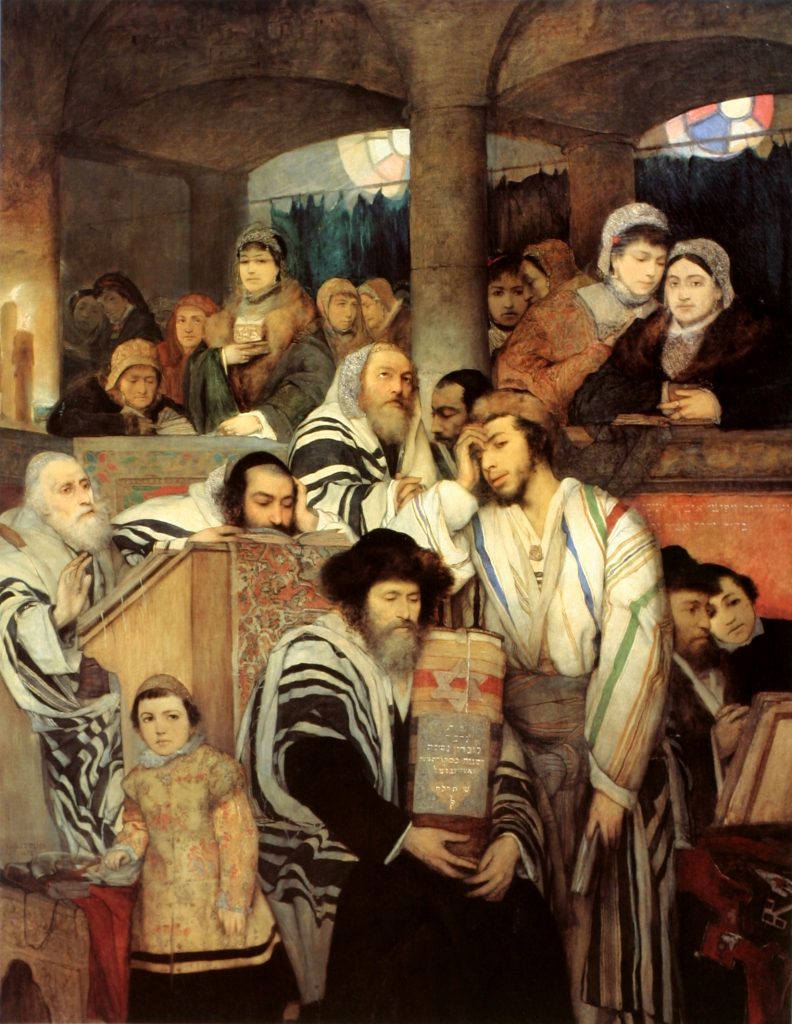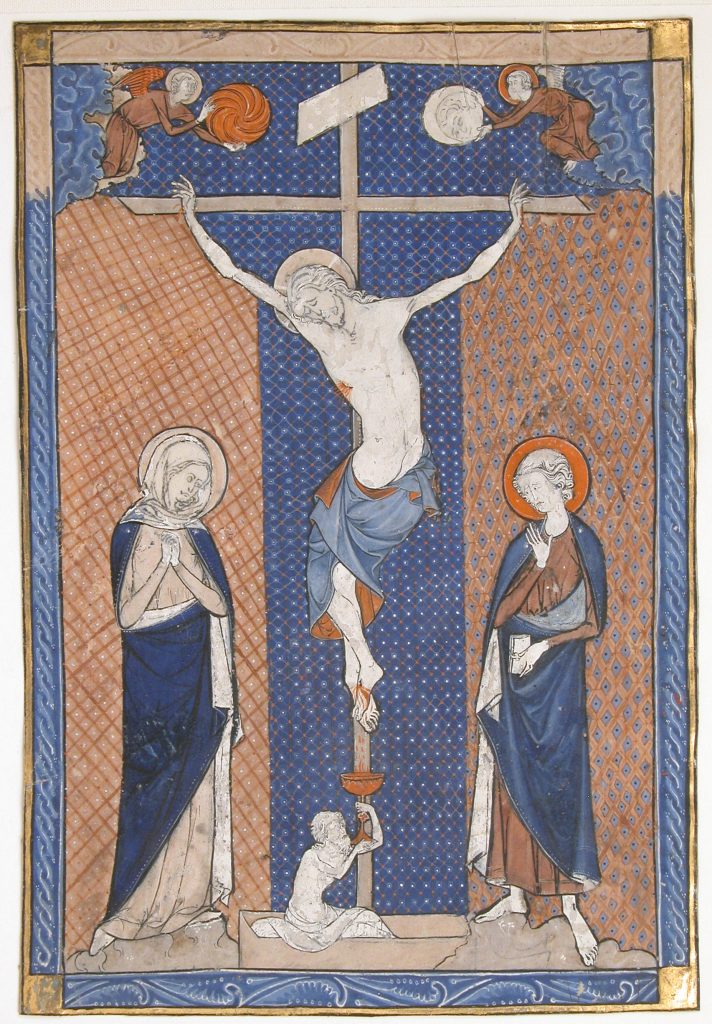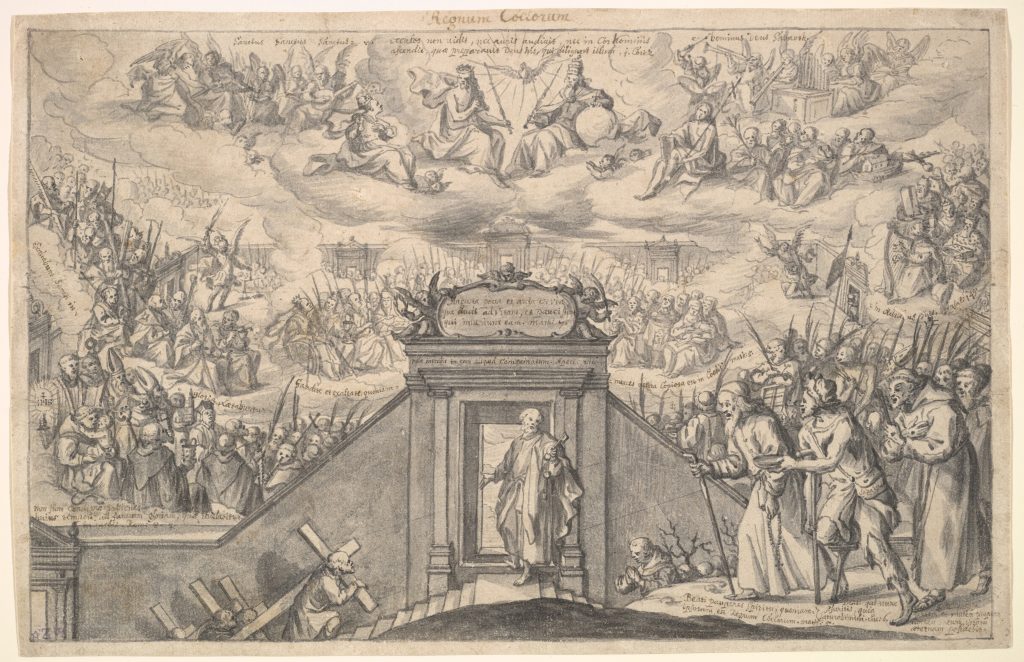Podcast: Play in new window | Download (Duration: 49:14 — 67.6MB) | Embed
Subscribe: Apple Podcasts | More

Feast of Tabernacles, Part 2
Scripture, like all other, so-called, religious documents is heavily criticized. The skeptics…and there are plenty of skeptics, claim that what we consider sacred is, in fact, silly. Of course, most of the more reputable and scholarly types wouldn’t put it like that (I only did for the alliterative value 🙂 ). Sure, you will encounter such caustic commentary from the occasional anonymous Internet troll but they really don’t matter. The critics that I believe are the most dangerous are the ones that have all those little letters at the end of their signature line, e.g. PhD, ThD, PsyD. We are conditioned to believe that if there is a “D” associated with someone’s educational credentials then that person is to be listened to unquestionably. Occasionally someone with different letters may nudge their way in. We may have trouble with M.Phil or even the tricky sideways ThM. Many (not all, of course) of these very impressive sounding acronym-defined experts claim that the Bible shouldn’t be taken too seriously; after all it’s “only religious”. Yes, I’m beating that drum again but I’m only doing so because their drums keep getting louder and louder. The critics are increasingly attacking not only the Bible but anyone foolish enough to follow it. Those of us that ignore the experts and do take the Bible seriously are not only being marginalized but, of late, vilified. It seems if you think the Bible is worth adhering to then you are to be considered a bigoted, womanizing, colonizing, murderous, multi-phobe. We’ve even stopped debating or even considering that the Bible may be accurate. It just isn’t discussed anymore as if it has already been “officially” deemed a fable. Now, lest you think I’m merely talking about the pagans and atheists of the world, let me tell you, some of the most vociferous and vicious opponents of a literal interpretation of the Bible answer to “Pastor”, “Reverend”, or “Minister”. Now, I could really go on and on with this attack on the attackers but I don’t want to drift too far from my point.
The key to believing the Bible is believing in Jesus. No, I’m not saying just believe that there once was a person named Jesus but believe in the Jesus that Jesus said Jesus was. If we can come to the conclusion that Jesus was actually everything that He said He was then all else in the Bible falls into place. Once you can accept that Jesus was, for example, the Way, the Truth and the Life (John 14:6) then you would not have a problem believing that Moses struck a rock with his staff and water flowed out of it (Numbers 20:11). You see, both of those passages are there to tell a story about Christ. Not knowing…or believing that that water flowing from the struck rock was a picture of Christ makes it seem like nonsense. Once you know…or believe “why”, the “how” is immaterial. Knowing…and/or, again, believing that Christ is thread that runs throughout the Word of God gives Life and Meaning to it. If you can believe that Jesus was sent of His Father as He said He was (John 20:21 and many others) and that the entire Bible talks about that then Scripture becomes a cohesive narrative like none other…ever. That miracle effectively makes all other reported miracles not only believable, but certain.
The Seven Feasts of Israel exemplify the above Truth in grand and glorious style. In this episode we wrap up our discussion of the Feast of Tabernacles. This is another one of those lessons that will either thrill your soul or cause you to question my integrity. It will either intrigue you or repel you. It is our argument in this episode that a close and objective view of the Biblical…and, surprisingly, traditional details of this festival will lead to the Truth that Jesus is the Coming King. Like all seven of these Feasts, Christ is the object, purpose and fulfillment of the Feast of Tabernacles. Need some convincing? Then have a listen to today’s lesson.
However, before you do, might I suggest that if you are a saved Christian that you take a few moments to seek the Lord’s Wisdom by going to Him in prayer. Ask Him to reveal to you His Mind on these matters so that you can better uncover the invaluable treasures of Scripture. Pray that God will open your spirit to His as you diligently, honestly and sincerely seek His Truth.









